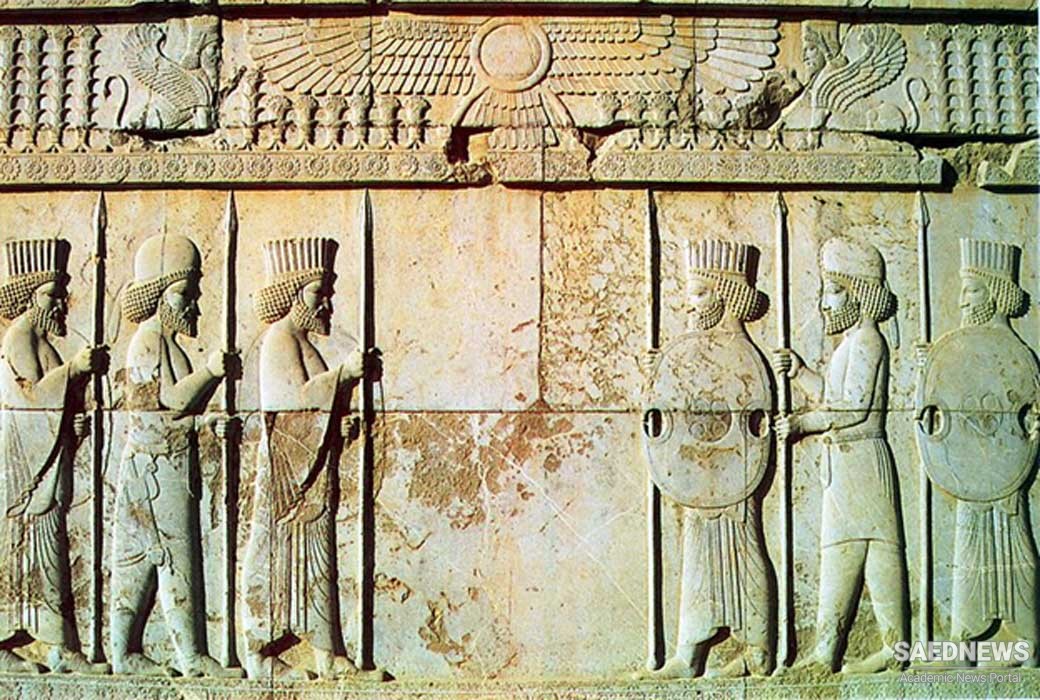To these gods the Persians offer sacrifice in the following manner: they raise no altar, light no fire, pour no libations; there is no sound of the flute, no putting on of chaplets, no consecrated barley-cake; but the man who wishes to sacrifice brings his victim to a spot of ground which is pure from pollution, and there calls upon the name of the god to whom he intends to offer. It is usual to have the turban encircled with a wreath, most commonly of myrtle. The sacrificer is not allowed to pray for blessings on himself alone, but he prays for the welfare of the king, and of the whole Persian people, among whom he is of necessity included. He cuts the victim in pieces, and having boiled the flesh, he lays it out upon the tenderest herbage that he can find, trefoil especially. When all is ready, one of the Magi comes forward and chants a hymn, which they say recounts the origin of the gods. It is not lawful to offer sacrifice unless there is a Magus present. After waiting a short time the sacrificer carries the flesh of the victim away with him, and makes whatever use of it he may please (Source: Encyclopedia of Ancient Persia).



 Herodotus on Ancient Persian Notion of Gods
Herodotus on Ancient Persian Notion of Gods














































